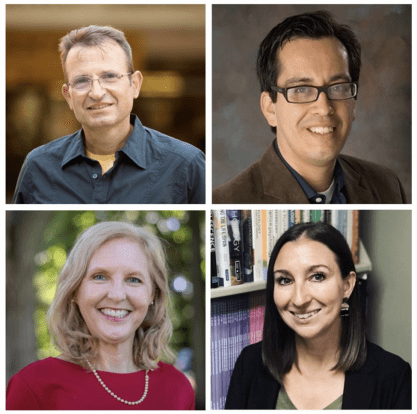
Three weeks ago, I submitted final grades for the January (J-Term) course that I taught at East Moline Correctional Center (EMCC) through the Augustana Prison Education Program (APEP). I created the course, “Redemption, Reconciliation, and Restorative Justice,” on the “inside-out” model of prison education. The plan was to shuttle traditional students each day to the local prison to learn beside their incarcerated classmates. Sadly, EMCC nixed that plan earlier in the fall, citing a shortage of security personnel. When Sharon Varallo, the executive director of APEP, asked me to choose whether to teach the course to free students or incarcerated students, I quickly chose the latter. I knew from some prior experiences that deep transformation of individuals and communities is more likely—or at least easier to notice—when teaching behind bars.
Continue reading “Second Chances and Good Time(s): Transformations and Transactions in Prison”









